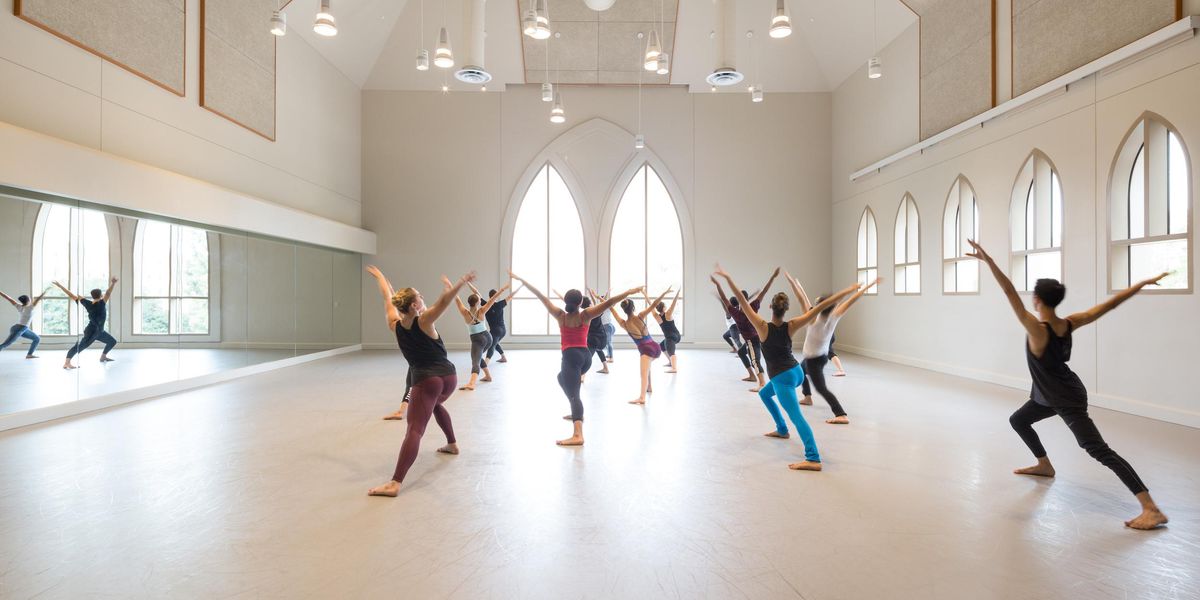Why I Dance
One of the few American stars of American Ballet Theatre, Julie Kent is known for her luscious and limpid quality. She is a favorite of audiences for her portrayals of Giselle, Odette/Odile, Cinderella, Kitri, and many more roles, both classical and contemporary. She has starred in the films Dancers (opposite Baryshnikov) and Center Stage (opposite Ethan Stiefel). Here Kent answers the question Why do I dance?
It is a profound question…why do I dance?
It is like asking, “Why do I breathe? Why do I laugh? Why do I cry?” It’s so natural, so intricately connected to every aspect of my life for as long as I can remember. Whether I was floating around the house in my mother’s wilted tutu as a young girl or regarding my sister with great reverence as she donned her leotards and tights for ballet class, dance was always there.
But dancing and performing are different things. Dancing is just that—expressing your feelings through movement. It is for everyone; it is for your lifetime. Performing is an exchange; it has many layers and many complexities that can be exquisitely rewarding and challenging. Performing a dance is as personal as any art form could possibly be. You, yourself, are the instrument. Your body is the voice and you have to be willing to give yourself completely to finding the right voice for every role.
This commitment starts very early. In my own life, it was an easy sacrifice of my time because I loved it. But, as often happens, there does come a time when one struggles, when one wonders if the right path has been chosen, when excitement about what is to come is sometimes matched with anxiety. But this is not exclusive to dancers. This is a part of discovering and defining yourself. In my own life, I found that these periods of struggle serve a purpose. They strengthen your character and help develop a deeper understanding of yourself, even if in retrospect, you realize you made mistakes. In the end every decision, every conflict, and every accomplishment become part of what you bring to the stage—if you are willing.
But the rewards are immeasurable. Not only the gratification of striving to create something of profound beauty and then developing the freedom to express it fully, openly, and generously, but the entire journey—the people who come and go, the music, your partners, the audience, the theaters—this all becomes your life. And if you are lucky enough to share it all with one other person, as I am with my husband Victor Barbee, ABT’s associate artistic director, then it becomes part of your family, as it now is for us and our 3-year-old son William. I imagine that he will say in years to come that in his life, dance was just always there.
Natasha Makarova, whom I greatly admire, once quoted in a note she wrote to me that “beauty could save the world.” It is a dancer’s privilege to spend a lifetime aspiring to contribute something of true beauty to our world.




